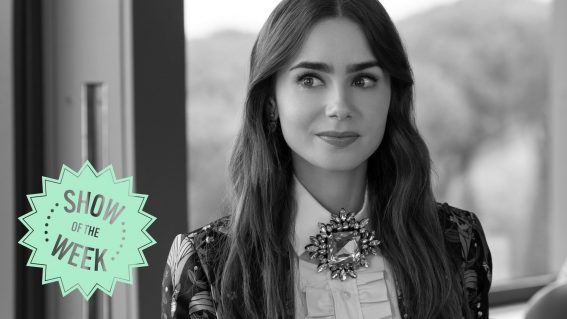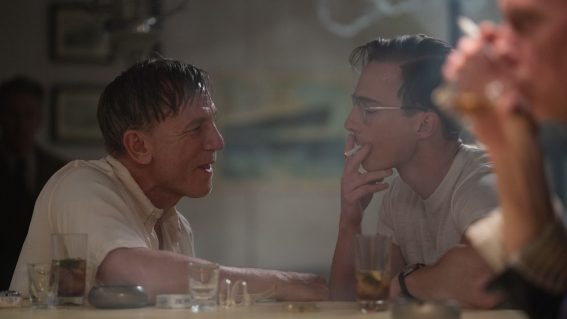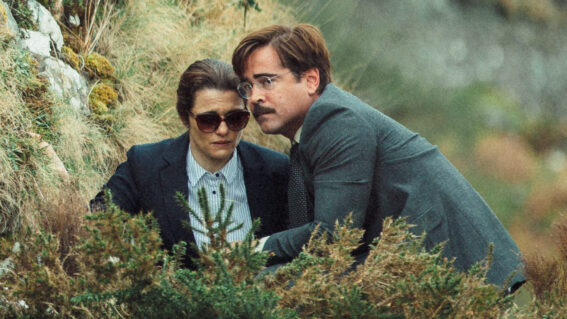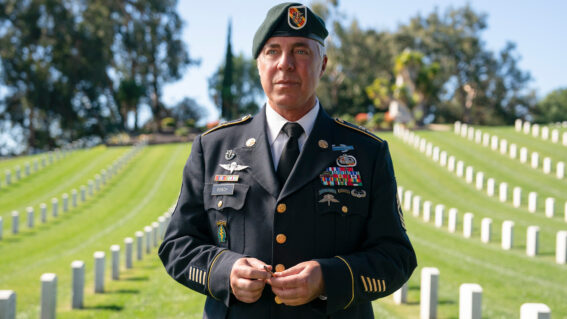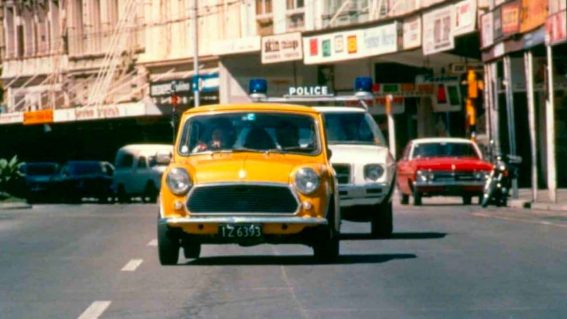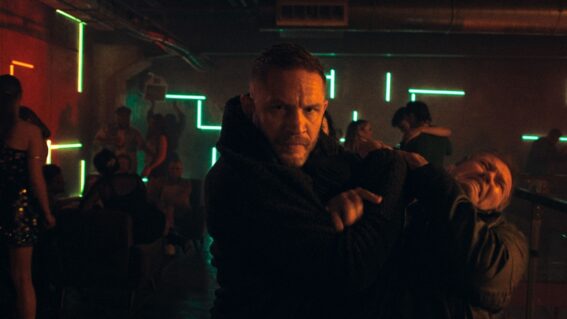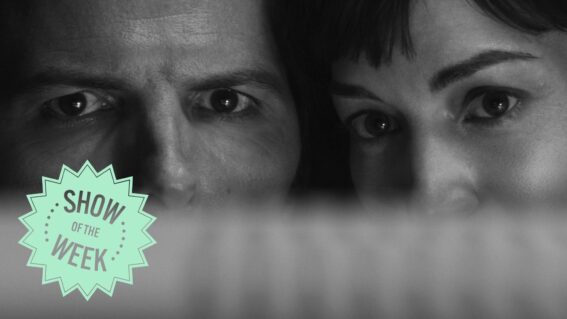Time-hopping romance One Day gets the (re)adaptation it deserves
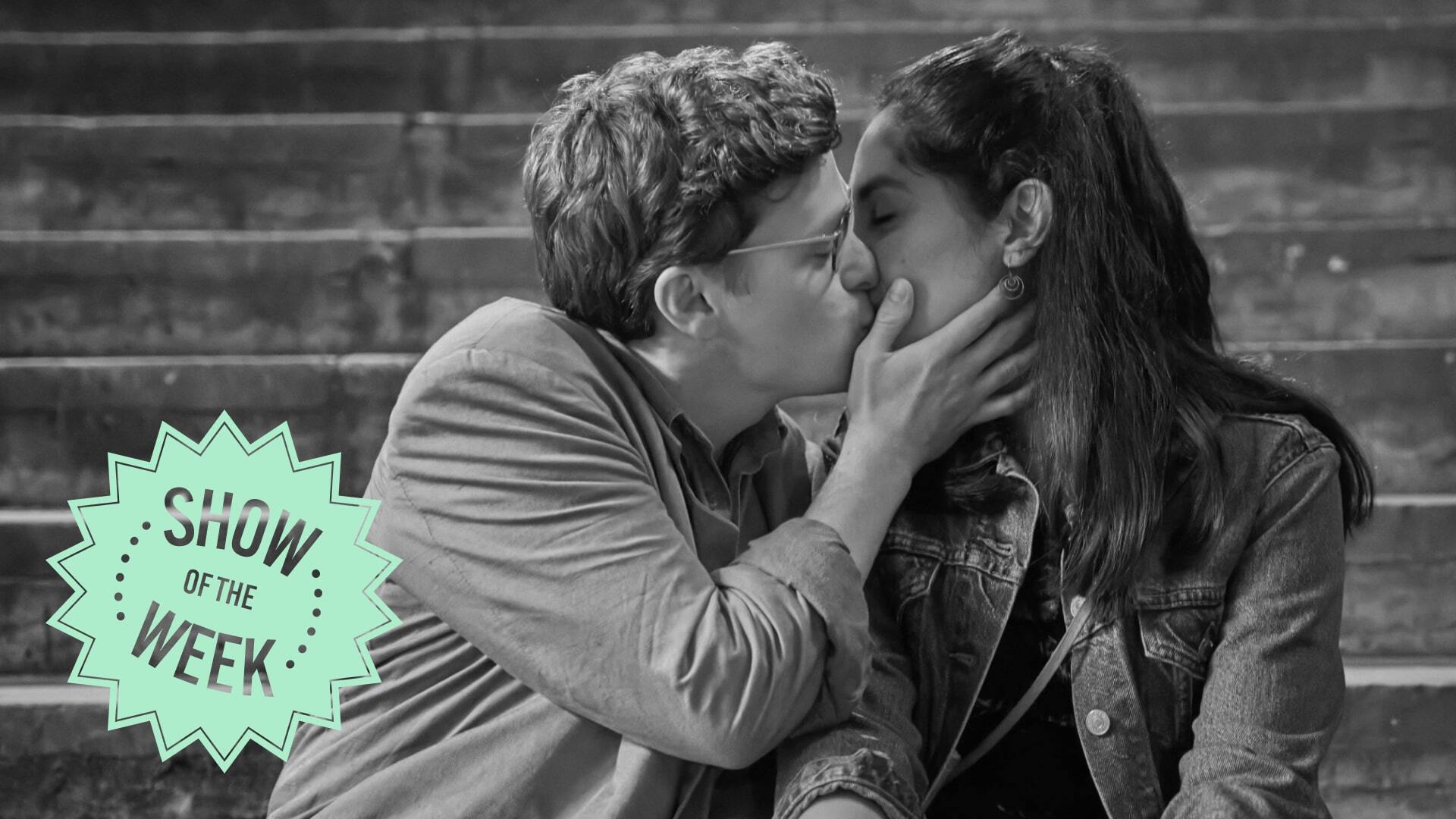
Clarisse Loughrey’s Show of the Week column, published every Friday, spotlights a new show to watch or skip. This week: Decades-spanning romance One Day.
Book fans can always tell themselves that maybe, in the next adaptation, they’ll finally get it right. And, luckily, those enamoured by David Nicholls’s time-hopping romance One Day, might finally be satisfied by Netflix’s woozy, 14-episode take on the story. I have to admit, the phenomenon passed me by entirely. I’ve only seen the critically maligned 2011 film, starring Jim Sturgess, Anne Hathaway, and Anne Hathaway’s dodgy northern accent. But it’s the sort of novel worthy of the title of “behemoth”, with around five million copies sold in 40 different languages.
It’s a reference point, now, for those intimate friendships that explode, sometimes after years, into romance; a way to talk about how people sometimes find themselves incapable of severing ties, and how that, in itself, can be a wake-up call to one’s true feelings. Emma and Dexter meet on 15 July 1988, on the night they graduate from university. He stumbles back to hers, but they don’t have sex. Instead, their opposing worlds lock horns—passionately, but flirtatiously. He’s privileged, confident, and completely rudderless. She’s working class, from Leeds, and relies almost purely on her wit. They agree to keep in touch while he saunters off on his international travels, while she tries to pursue (in vain) a career in writing.
The novel revisits the pair on the same day, each year, for two decades. In hindsight, it was always better suited to the small screen. And Netflix, thankfully, has traded Hollywood sentimentality for something still glitzy, but more recognisable. Ambika Mod and Leo Woodall are an ideal Emma and Dexter—up-and-comers with a standout performance already under their belt (her in This is Going to Hurt, him in The White Lotus), who lack the outside baggage that might prevent them from disappearing into these roles.
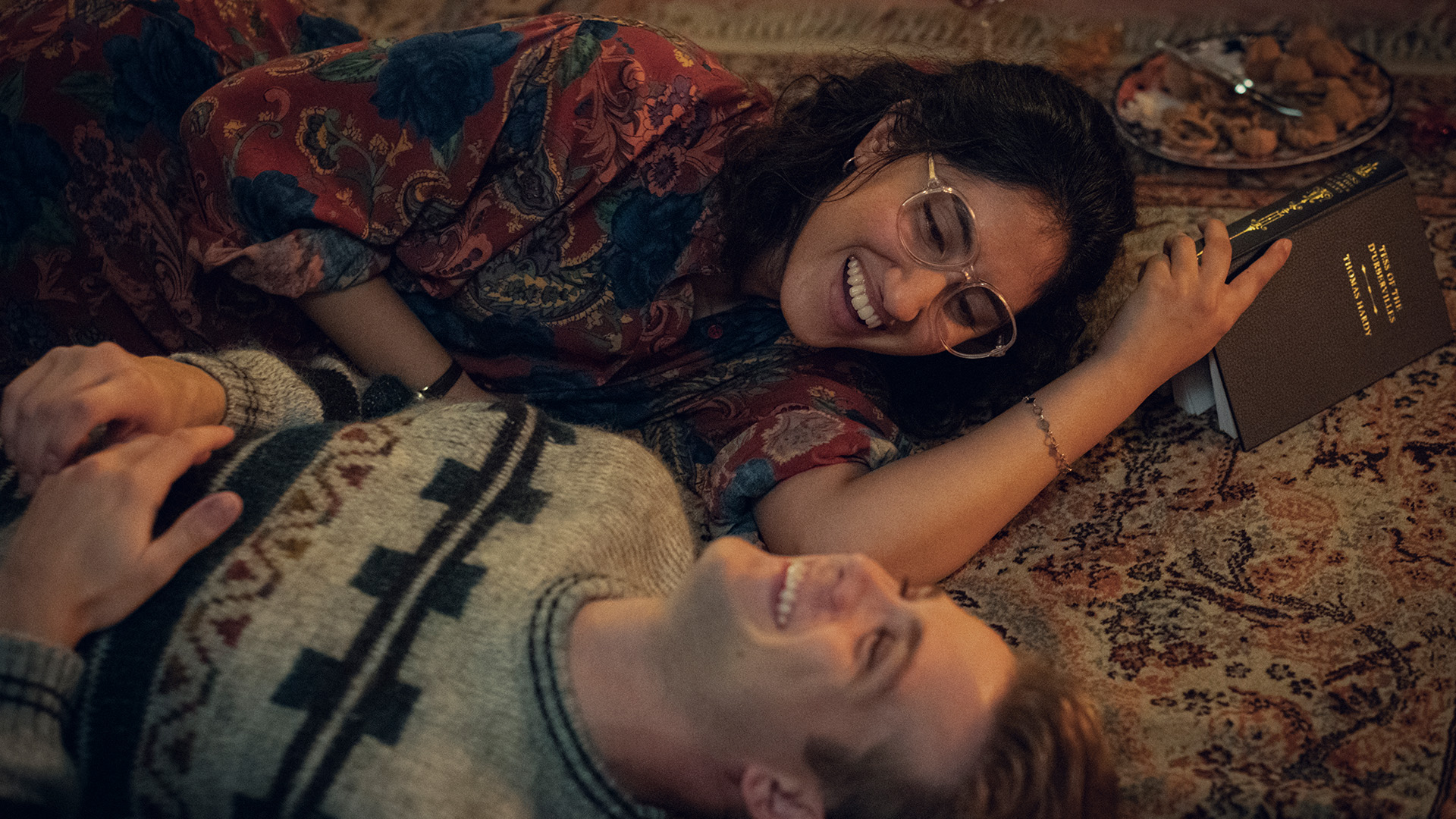
Emma and Dexter are deceptively complicated people. They fall in love, yes, but they also fall completely apart. We can never be quite sure they’re actually meant for each other. Dexter, undoubtedly, takes advantage of Emma, especially when adrift the cheap and soulless world of nineties live television. He relies on her being different from what his mother (an excellent Essie Davis) would call “the usual silly sexpots we find at the breakfast table”; he feeds off her loyalty and infatuation.
He’s the hardest to like of the two (though Woodall does a good job of finding the puppyish in the posh boy routine); yet, Emma, crucially, isn’t one of those smug, “not like the other girls” protagonists. She wields her intellect as a weapon, a sign of superiority, and seems borderline repulsed when David announces that he’s been offered a column in a national newspaper. There’s a real tension there—between her justified resentment that his privilege eased the way, and her annoyance that the shallow pretty boy got what she thinks she deserves.
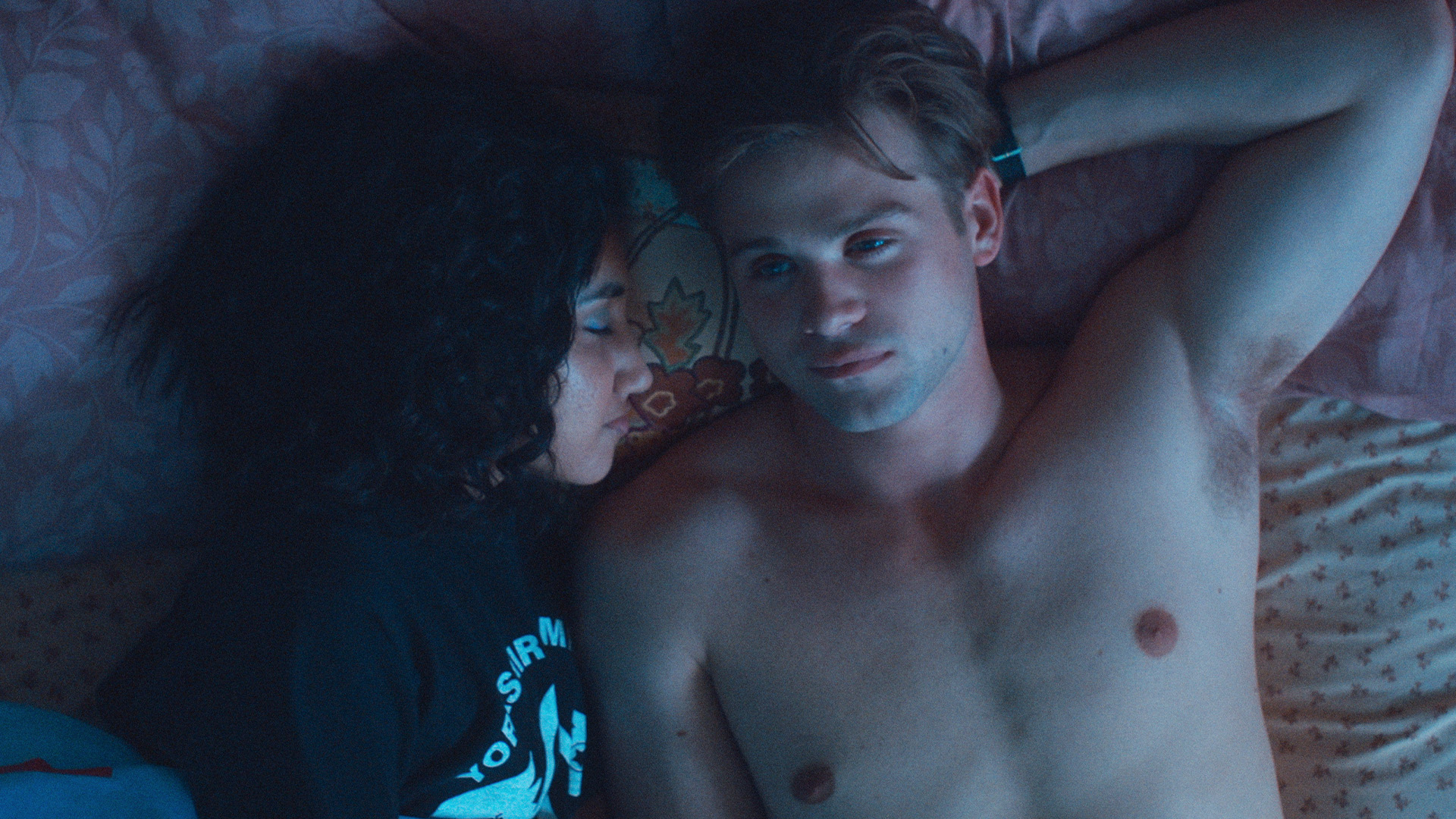
The tragedy of their inevitable union coming to an unexpected conclusion (if I may spoil the show to this degree), is that we don’t get all our questions about their love tied into a neat little bow. Instead, One Day reminds us that this messy life will continue to barrel forward whether or not we find the answers we seek. Netflix’s version makes room for these nuances, though it softens its edges, too, in the way we’re used to Netflix doing at this point. It’s a series that goes heavy on the soft-focused closeups, and that speeds through music tracks (Belle and Sebastian! Cotton Eye Joe!) like it’s tricking to kick off a TikTok trend. But it gets the core of its story right—maybe the next adaptation can smooth those little problems out.



